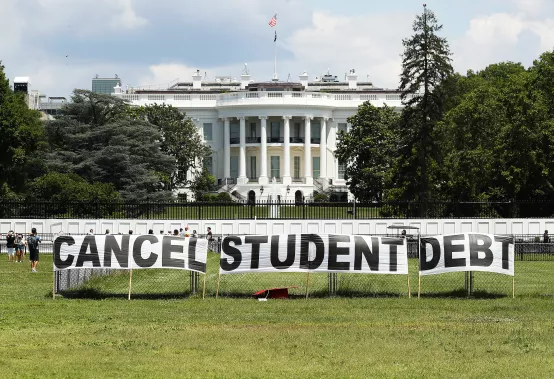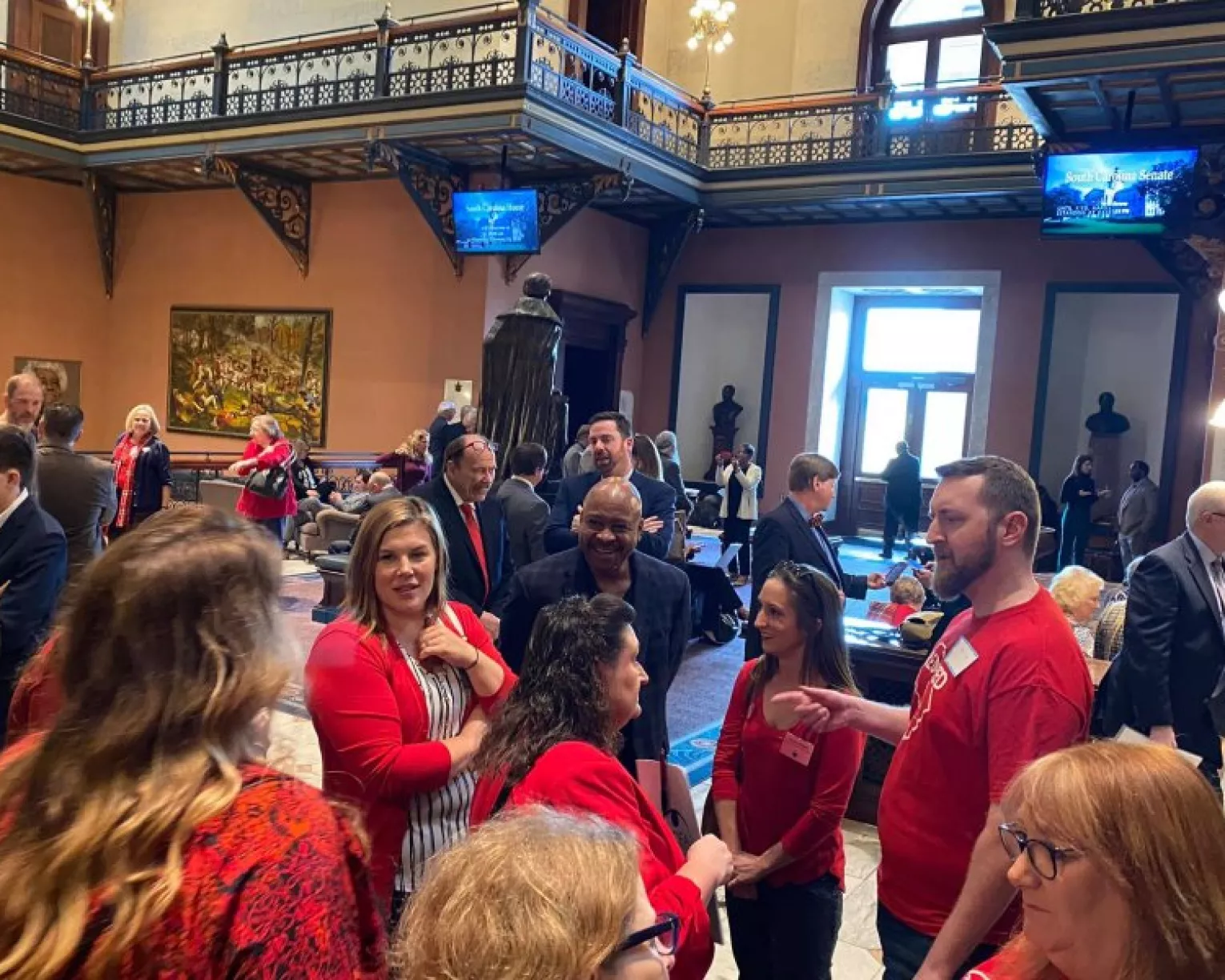More careers than ever require post-secondary education, yet higher education is increasingly out of reach. Students and families—not public dollars—now fund the bulk of higher education costs.
For years, NEA members advocated canceling college debt to help fix educator shortages. In the last decade under NEA’s advocacy, student loans taken out by 48 million borrowers have been substantially reduced, forgiven, or even canceled outright. This includes more than 1 million public service workers who have received over $78 billion in student debt forgiveness thanks to Public Service Loan Forgiveness (PSLF).
NEA also supports dedicated faculty, staff, and graduate workers of our nation’s colleges and universities who help students pursue their passions. We advocate for safe working conditions, fair pay and benefits, academic freedom, increases to tenure density, and so much more.
A History Advocating for Higher Education
Higher Education Act Becomes Law
Pell Grants Begin
Higher Education Act Reauthorization
GEAR UP Begins
PSLF Program Created
Higher Education Opportunity Act Enacted

PSLF Program Overhauled to Meet Educators' Needs
Use Your Educator Voice.


